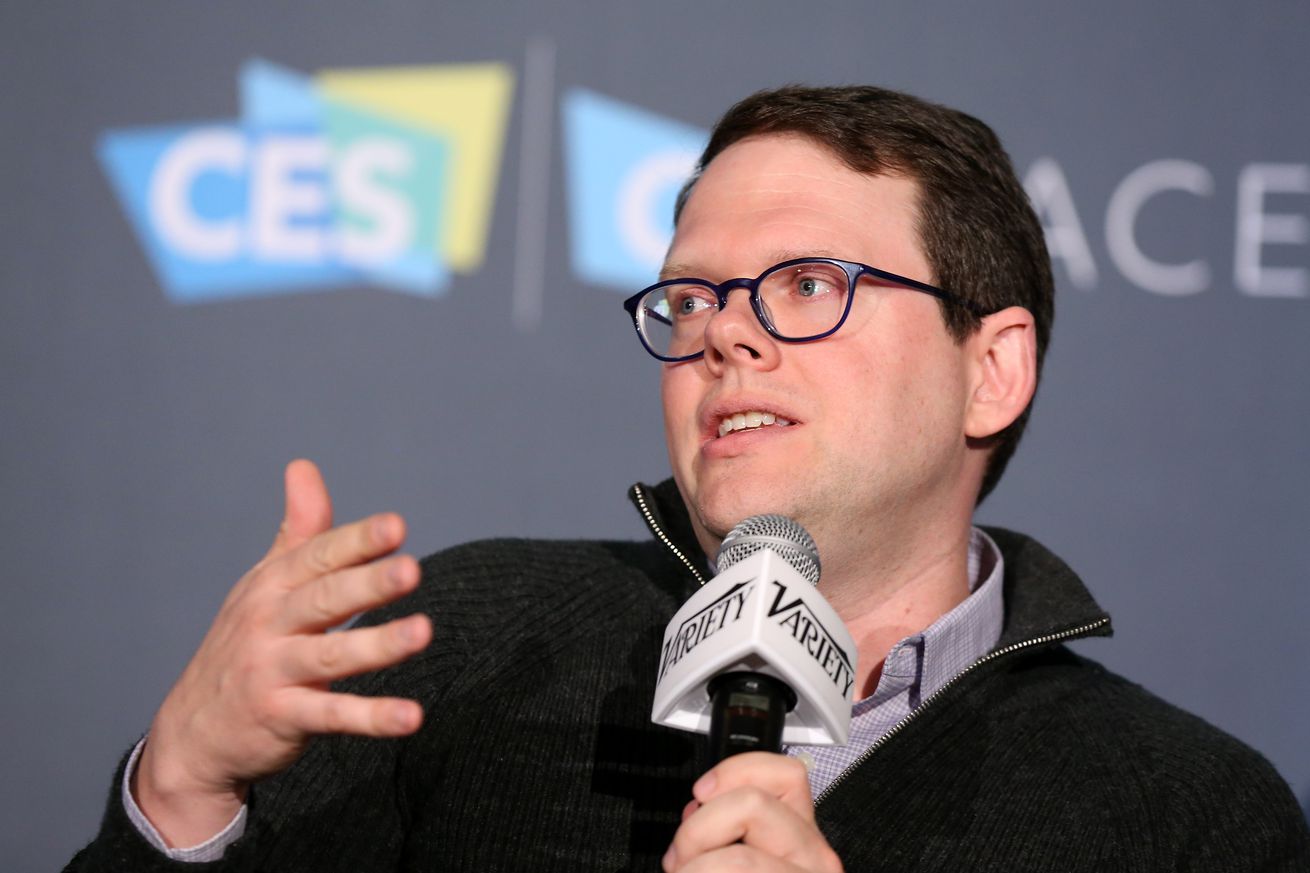
During CES 2024, SAG-AFTRA announced an agreement with AI voice technology company Replica Studios. The agreement would permit SAG-AFTRA members, specifically voice performers, to work with Replica to create digital replications of their voices. Those voices can then be licensed out for use in video games and other interactive media projects with SAG-AFTRA authored protections.
In the announcement, SAG-AFTRA characterized the deal as a “way for professional voice over artists to safely explore new employment opportunities for their digital voice replicas with industry-leading protections tailored to AI technology.” However, as news of the deal reached the voice performer community at large, the reaction was less positive with performers either outright condemning the deal or voicing concerns about what this deal means for the future health and viability of their profession.
Love how we're paying dues to a union that will throw our jobs to AI and then claim we all agreed to it. https://t.co/IXILcIWaDn
— Emi Lo @ EN Maomao / Ruan Mei (@KitsuneSqueak) January 10, 2024
“Love how we’re paying dues to a union that will throw our jobs to AI and then claim we all agreed to it,” wrote Emi Lo, a voice performer with roles in Genshin Impact and Honkai: Star Rail, on X.
“I think the first thing that I would just say is I think there are quite a large number of members who are very pleased with this announcement,” Duncan Crabtree-Ireland, SAG-AFTRA national executive director and chief negotiator told The Verge in an interview. “And I think sometimes it’s a mistake to hear a certain number of voices, even if they’re raised in a very concerned or agitated tone as being representative of the entirety of the membership that work this contract or work in this area.”
Crabtree-Ireland added that SAG-AFTRA “will be putting out more information today with greater detail” so that its membership can better assess the deal. “We want all of our members to be both well informed about what the contract contains and also to be confident that our contracts protect them in their work lives,” he said.
The SAG-AFTRA Interactive Media Agreement, a union contract that covers roughly 140,000 members and has several of the video game industry’s largest publishers as signatories including Activision Blizzard, Take-Two, and Electronic Arts, is currently under negotiation. Last year, union members voted in favor of a strike authorization for performers covered under that agreement — in other words, your favorite video game voice actors can go on strike if those negotiations aren’t successful.
The Interactive Media Agreement, however, does not cover Replica Studios, and this new deal was made separately from that ongoing negotiation.
“This company is not part of that bargaining group,” Crabtree-Ireland said. “The work that [Replica Studios] is going to be doing — creating digital replicas of voices — will now be done solely in compliance with our collective bargaining agreement.”
Basically, Replica will act as a SAG-AFTRA-approved third-party provider of AI voices to video game companies. If a SAG-AFTRA member choses to license out their voice, Replica’s agreement ensures that performer will be fairly compensated, their voice data will be protected from unauthorized use, and that a replicated voice cannot be used in a project without the performer’s informed consent.
“There’s nothing in this agreement that is a lesser term than what was just approved by our membership at large a month ago with an 80 percent ‘yes’ vote in our ratification for the studio and streamer contracts,” Crabtree-Ireland said.
Crabtree-Ireland also said that the union’s Interactive Media Agreement committee — which is the committee that oversees everything video game related — had struck the deal, having worked on it for over a year. On X, Aftermath reporter Nathan Grayson shared screenshots of a conversation he had with Sarah Elmaleh, the chair of SAG-AFTRA’s interactive media bargaining unit, which provided additional context for the deal.
“The performer would sign with [Replica] and [be] covered by them and the license to devs would require the protections and compensation be carried through,” Elmaleh wrote. “Obviously many developers will want to use the same technology directly themselves. Having clear and binding requirements around the transparency, consent, and compensation that Replica is in compliance of, must be included in the fundamental agreement covering this work. That’s why we’re adamant and waiting on a fair deal for the [Interactive Media Agreement.]”
Crabtree-Ireland said that this agreement should act as a signal to the video game companies currently bargaining with SAG-AFTRA to hopefully get them to rethink their position on AI, which has been a sticking point in the negotiating process.
“This [agreement] is a real sign to the video game companies that companies that know what they’re doing in the AI space are comfortable with making the kinds of commitments contained in this agreement,” he said.
Though this deal was created under the auspices of the interactive media bargaining unit, some voice actors are still worried that the acceptance of AI in the creative process will lead to loss of work for all but the most popular performers and the dilution of their art.
“I want to ACT,” wrote Chris Hackney, who voiced Rauru in The Legend of Zelda: Tears of the Kingdom and Rusty in Armored Core VI: Fires of Rubicon, on X. “I do not want to sell someone my likeness to use and then pay me. It defeats the purpose of art and performance when neither art is created nor do I perform.”

Aucun commentaire:
Enregistrer un commentaire